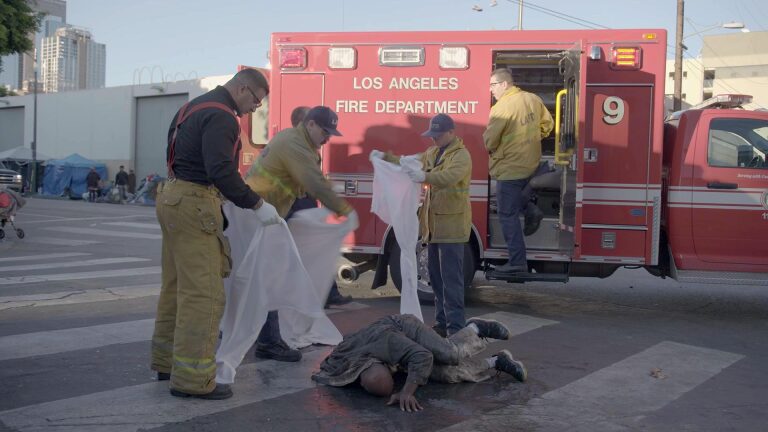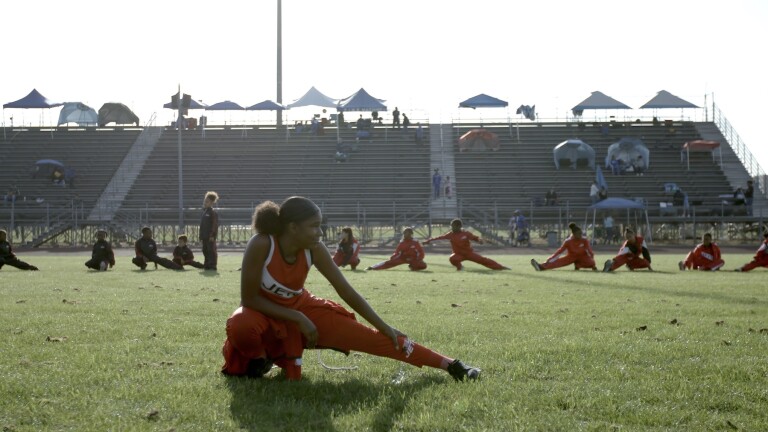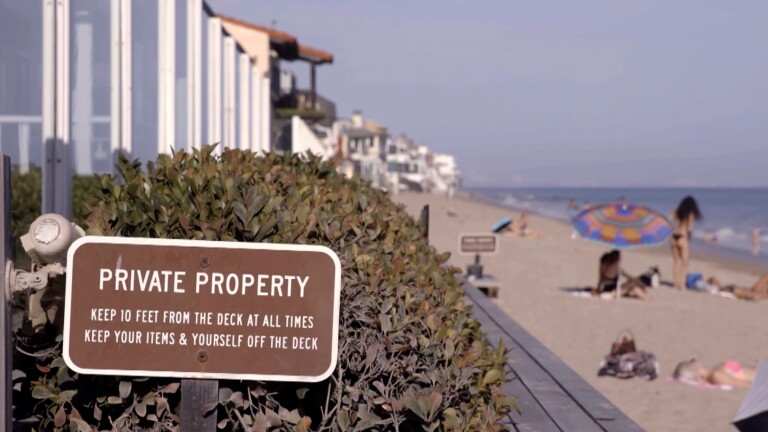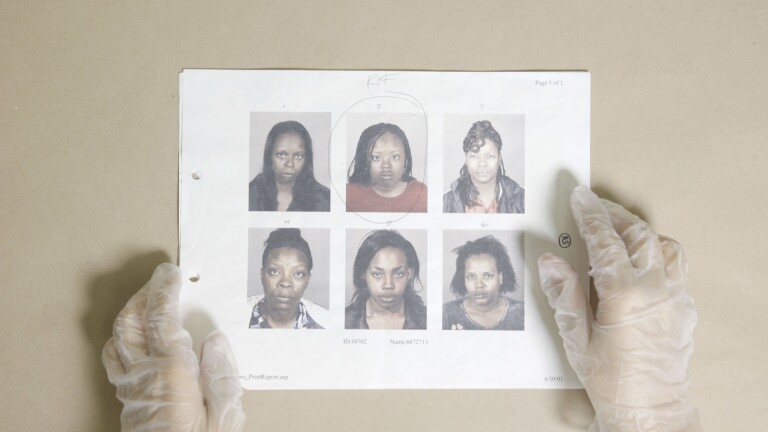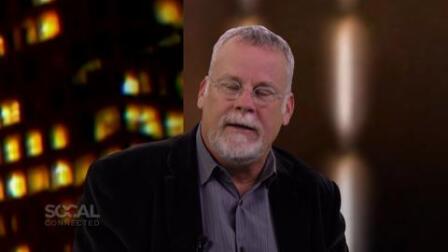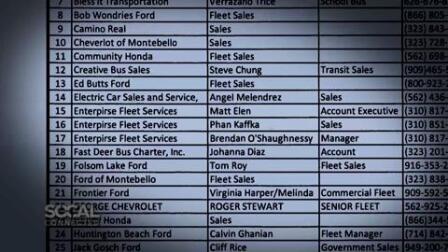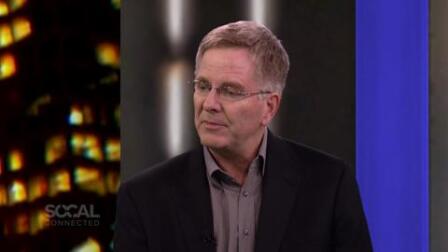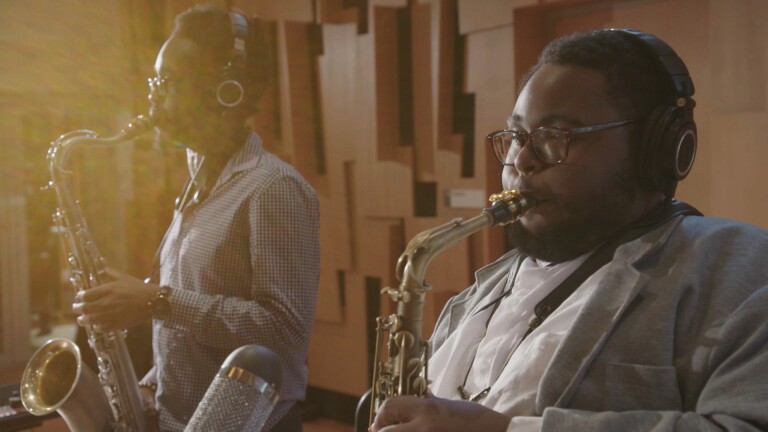
Up Next
U.S. Supreme Court May Review Same-Sex Marriage Laws
After so many years and so many fierce, passionate battles, the question of same-sex marriage has finally landed on the doorstep of the Supreme Court of the United States. Some kind of decision will come, but we're not going to hear about it right away -- it's a closed door session. Nothing else about this case is simple, either. There are two measures before the court, including California's Prop 8, which outlaws same-sex marriage. What the justices do -- if they decide to act at all -- could change the course of our country.
Morgan Freeman/Actor [voiceover on TV ad]: America stands at the dawn of a new day.
Gonzales: If America' s Supreme Court justices turn on their TV's tonight, they might see the latest salvo in the battle over marriage.
Freeman [on TV ad]: Now, across our country, we are standing together for the right of gay and lesbian Americans to marry the person they love.
Gonzales: Narrated by Morgan Freeman, this commercial is an attempt by same sex-marriage advocates to maintain the momentum they got on Election Day.
Before voters went to the polls, gay marriage was legal in six states. By late that night it was clear -- four more had voted for gay marriage.
But 37 states have banned gay marriage. And thanks to the federal Defense of Marriage Act -- or DOMA -- they don't have to recognize gay marriages from other states. DOMA will be a focus of the Supreme Court meeting tomorrow, as justices decide whether or not to hear appeals from supporters of the law, which lower courts have ruled unconstitutional.
DOMA, signed in 1996 by President Clinton, defines marriage as between a man and a woman. Same-sex marriages of federal employees are not recognized -- no insurance, social security benefits or joint tax returns with their partners.
The court could also hear an appeal by those who want to re-instate California's Prop 8. It too defines marriage as between a man and a woman, and it has also been ruled unconstitutional by lower courts.
Most observers believe the court will hear at least one test case that could let them decide if the entire country is ready to change the definition of marriage. Advocates say this year's election and the large number of cases before the court show that time has come.
Evan Wolfson/Freedom to Marry: That's part of how we've now grown into a majority for marriage nationwide. It's not because of gay people who support the freedom to marry. It's because of non-gay people -- family members, neighbors, co-workers, loved ones, fellow citizens.
In an odd twist, the Obama Administration no longer defends DOMA in the courts. And Gov. Brown is also not defending Prop 8, so other groups will be there to support those laws if the Supreme Court decides to review them. For "SoCal Connected," I'm Vince Gonzales.

